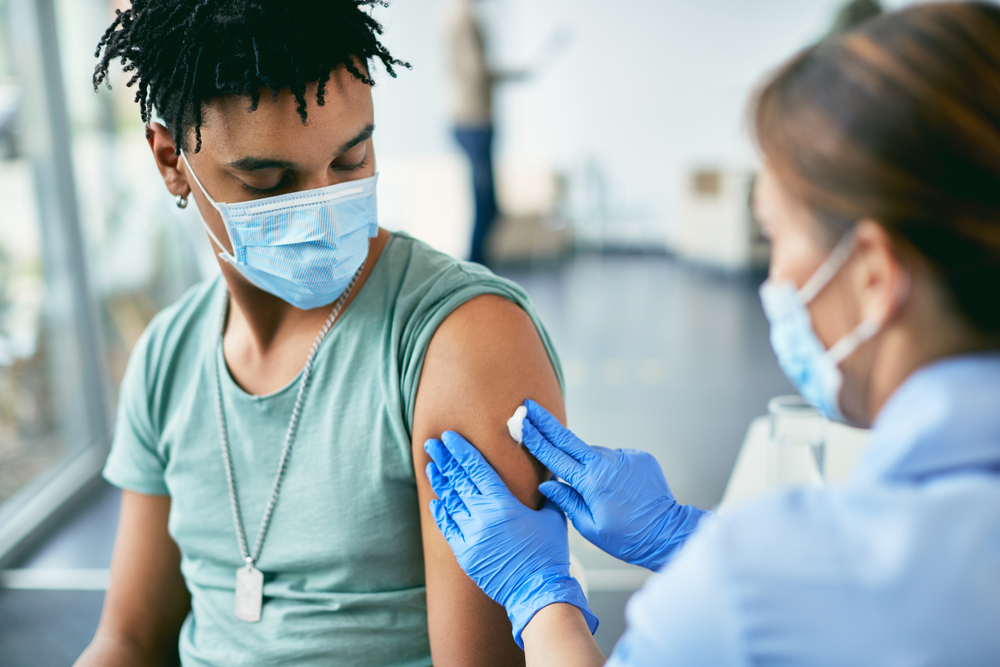Study into significant drop in cancer diagnoses in Wales during the COVID-19 pandemic
24 November 2022
Researchers have looked at the impact of the COVID-19 pandemic on female breast, colorectal and non-small cell lung cancer incidence, stage and healthcare pathway to diagnosis during 2020 in Wales, using a national cancer clinical record system.
Overview
There was a significant drop in cancer diagnoses in Wales during the COVID-19 pandemic. To understand why this happened, researchers conducted a national population-level study using electronic cancer clinical data to quantify COVID-19 pandemic effects on cancer diagnosis, stage and healthcare pathway to diagnosis for the whole of 2020.
The challenge
Responses to the COVID-19 pandemic, including mandated lockdowns, citizen behavioural change, and health system reconfiguration, led to patients not presenting to primary care, paused cancer screening programmes, and impacted referrals, diagnostic procedures and treatments.
Several studies looked at how this affected excess cancer mortality, but despite concern about the impact on cancer services and outcomes, they reported limited data on incidence, stage, healthcare pathways to diagnosis, and observed cancer mortality.
The solution
Researchers, led by the Wales Cancer Intelligence and Surveillance Unit and Swansea University Health Data Research UK team, in collaboration with DATA-CAN, the UK’s Health Data Research Hub for Cancer, conducted an observational study of people in Wales aged 18+ years using population-scale data held in the SAIL Databank. Linked cancer e-record and hospital admission data were used to identify adult cases of breast, bowel, and lung cancers, stage, and healthcare pathway to diagnosis for 2020 and compare these data to 2019. This helped to inform cancer service adaptation to the pandemic and subsequent recovery.
The impact
The study found over a thousand fewer new cases of the three cancers: decreasing by 19% for breast, 17% for bowel, and 8% for lung cancers, diagnosed in Wales in 2020 compared to 2019. Early-stage breast cancer was particularly affected, reducing by 42%, and cases of early and late stages of bowel cancer reduced by about a quarter to a third each. This was partly due to people not seeking medical advice for symptoms because they were worried about catching COVID-19 and they were following the guidance to stay at home. There were also changes to accessing screening, GP and hospital services during 2020.
Although the pandemic has lessened, the study suggests that alterations to healthcare routes to diagnosis increases later-stage diagnoses and the number of undiagnosed patients with new cancers. The study results were used to prompt people to seek medical advice if they notice any concerning symptoms and continue to take up the offer of screening appointments when invited.
Their research also fed into a wider study published in Lancet Oncology highlighting the need to pick up the pace on cancer research after an estimated one million cancer diagnoses across Europe were missed during COVID.
Professor Mark Lawler, an author of the paper featured in the British Journal of Cancer, said:
“This is the first national population-level study of its kind to quantify in detail the effect of the COVID-19 pandemic on cancer diagnosis. It emphasises the power and importance of data intelligence in capturing the impact of the pandemic. Health data analysis, like our study, plays an important role in helping to plan future health services and helps mitigate some of the worst effects of the pandemic on cancer patients and services. Make no mistake – data really can help save lives.”
What the Impact Committee said:
The Impact Committee selected this research because of its use of large datasets and ability to scale. They noted that this was the first study of its kind and were pleased to see the diversity of authors and patient and public involvement and engagement.



